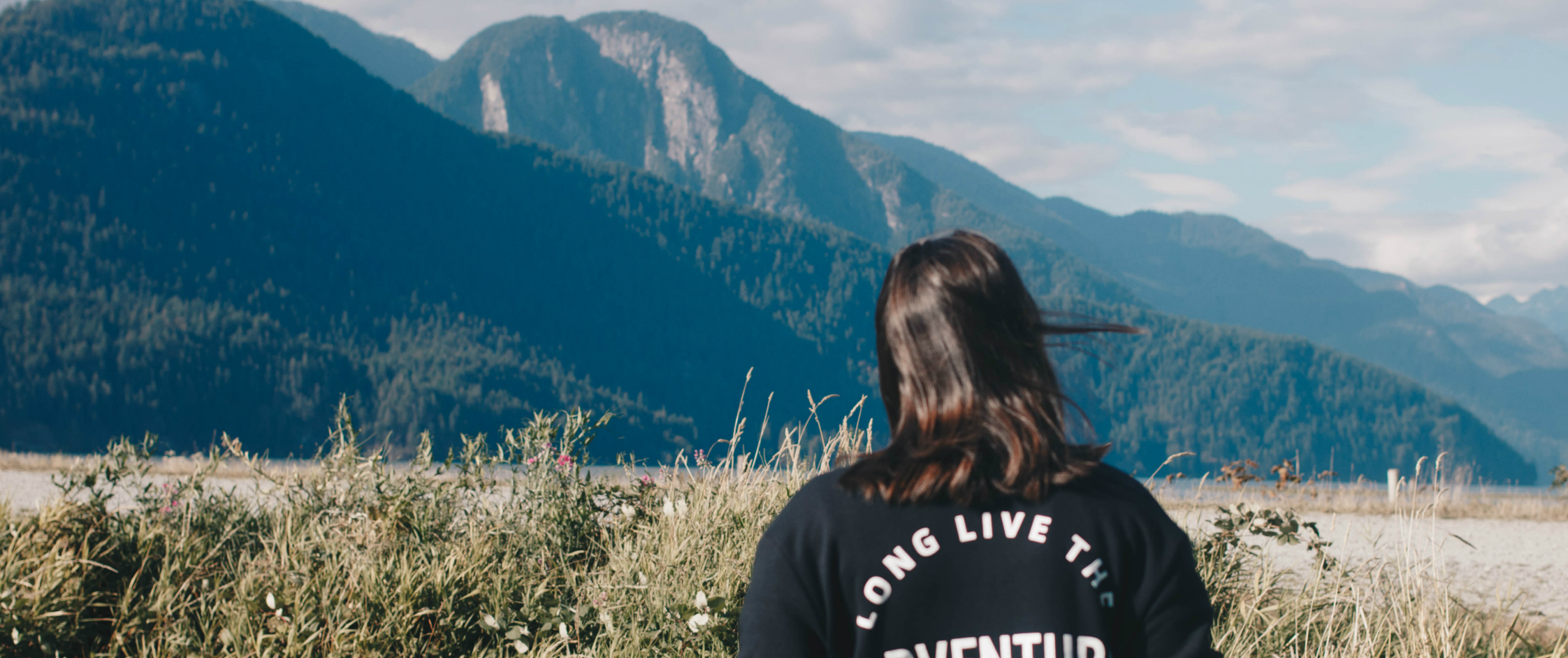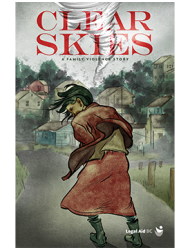
Violence is not a private family matter. When someone assaults or harasses someone else, it's a crime. It's not less of a crime just because a family member commits it.
Anyone can be abused in a relationship. But no one deserves to be hurt. The police, the courts, and many other agencies are out there to protect you against violence.
Aboriginal families and communities face particular challenges. Women might be afraid they have to leave their home on reserve if they break up with their partner (see If you decide to leave, below). Or they might be afraid that someone will contact social workers about them (see Child protection to find out how Parents Legal Centres can help).
Any kind of abuse is harmful; abuse can be emotional, psychological, physical, sexual, and/or financial. It's very important to take steps to stay safe. Help is available.
The information below can help you make the decisions that are right for you and your family. Please note that some of this information may remind you of painful experiences. Make sure you have support from people you can talk to. See the resources listed at the bottom of this page for help. Remember to clear your internet browsing history.
Call the policeIf you're being assaulted or criminally harassed, call 911. Or call the number for the emergency police or RCMP listed inside the front cover of your phone book.
If you live on reserve, you can phone the community police if your band has a detachment. Or you can phone 911.
Police can help when abuse is happening or after it has happened. It's a good idea to have the police or RCMP come to your home, especially if your safety is at risk or if you have children with you.
Marnie and her kids live with family violence. But with the support of her community, and by learning about her legal options, Marnie is able to leave an abusive relationship. Clear Skies is Marnie's story.
VictimLinkBC — Counselling, information, and referrals
Native Courtworker and Counselling Association — Culturally appropriate services and support
ShelterSafe — Emergency support and an interactive map of all shelters in Canada

